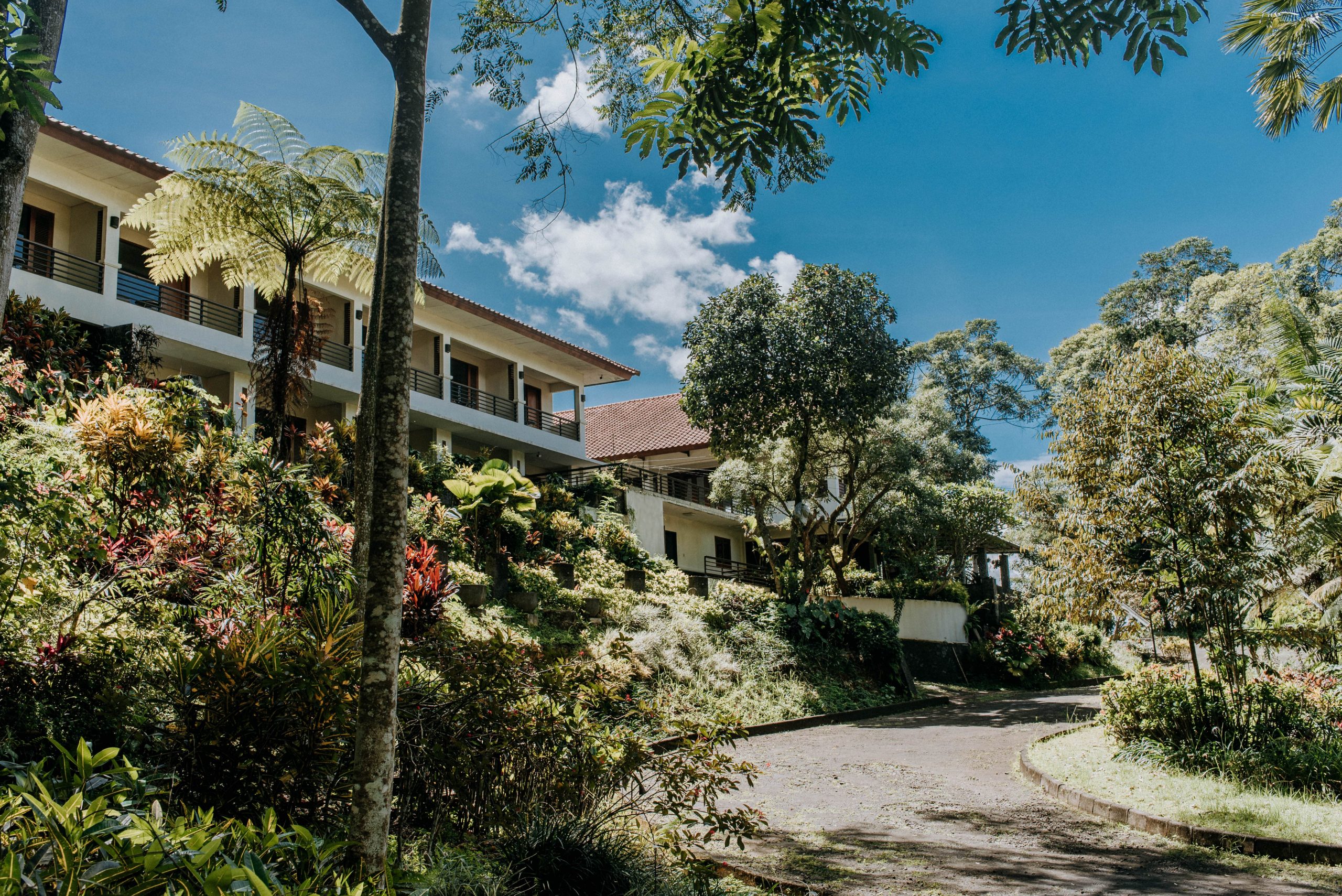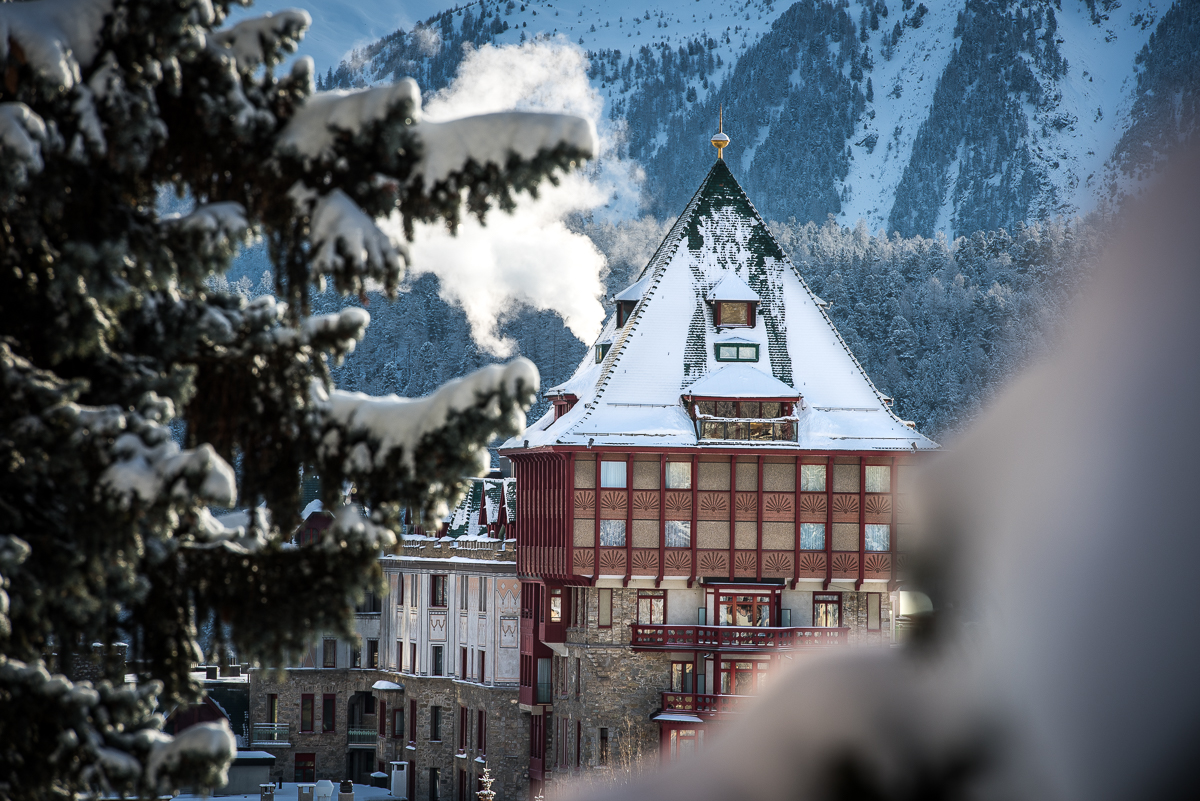The impressive portfolio of the award-winning Karma Group continues to expand. The worldwide company now boasts 34 incredible properties across more than 10 countries.
Now the legendary founder John Spence has added two new beautiful properties to the companies portfolio.
The company can now present Karma Salford Hall in the luscious green countryside of the Cotswolds and the escape Karma Salak in the western highlands of remote Java.
Karma Salford Hall is a stunning retreat in the Vale of Evesham. It is housed in a building both rich in history and architecture, with Salford Hall dating back to the 14th Century, and once belonging to King Henry VIII.
Karma Salak can be found 70 kilometres south of Jakarta, at the base of the Puncak Pass and the iconic Mount Salak. Karma Salak is an ambitious new development that offers an opportunity for guests to experience what all Karma properties offer, an escape in a jaw dropping property.
Karma Salak is situated in an area famed for its healthy population of tea plantations, and magnificent scenery, this luscious area has long been a popular getaway for residents of Jakarta. Guests will be welcomed to stay on 25,000m of lush rolling hills, across 21 existing suites.
As with all Karma properties activities for guests will be plentiful. Guests can enjoy fine dining in the resorts restaurant. There is also a yoga space and sports facilities.
Karma Group founder John Spence is delighted with Karma Group’s latest acquisitions.
“In the week that Karma Group celebrated its 27th anniversary – an achievement we should all be extremely proud of – I am delighted to make the tremendously exciting news that we have closed and finalised the deals to welcome two new resorts into our international stable,” he said.
“Karma Salak is in the stunning western Javanese highlands in Indonesia, while Karma Salford Hall, in the beauty of the English Cotswolds. Although on other sides of the world I was proud to be able to sign deals for both properties this week. Earlier this year we predicted that when it was possible, domestic tourism would be extremely strong, and that the difficulty and uncertainty of international travel would lead not to people staying at home, but instead embracing local destinations within their own countries,’’ John said.





